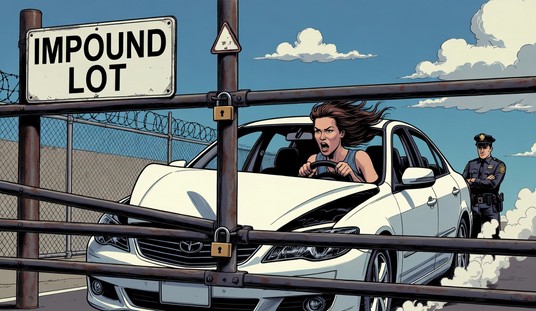The way a bank works, is you put your money in there for safekeeping, and to stimulate economic activity. The bank lends your money to other people, wanting to buy homes or cars or to start a small business. In exchange, you get paid a small fraction of the interest the bank collects on its loans. Now, the government provides deposit insurance, so that in case there’s a run or the bank fails, your deposits are…
…given a haircut?
The government takes your money?
Wait? WHAT?
Yes:
The imposition of a levy on savers in Cypriot banks marks a new turn in the European crisis. Savings of over €100,000 will be subject to a 10% tax, and those under €100,000 one of 6.7%, although it’s reported these levels may change. The raid has been instructed by the “Troika” – the European commission, the IMF and the European Central Bank – as part of a characteristic “take it or leave it” ultimatum to the Cypriot government. The parliament in Nicosia is being pressed to ratify the deal with the threat that without it there will be no bailout funds and the ECB will withdraw all liquidity support to the stricken banks.
The Troika and its supporters have justified the levy by arguing that the state could not support the debt burden of a bank bailout. But this simply means the debt burden has been transferred from the banks, where it properly belongs, to households, who had no part in their lending decisions.
Actually, households always pay for the bailouts. Always, every time. The only difference in Cypress is, this time the thieves are being more straightforward about their thieving.










Join the conversation as a VIP Member